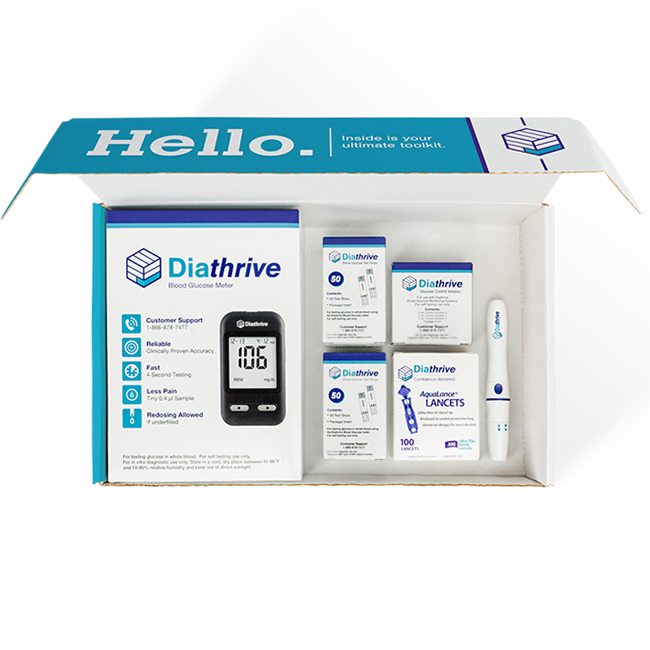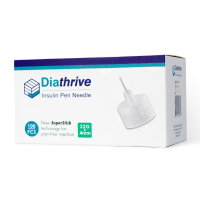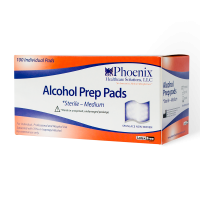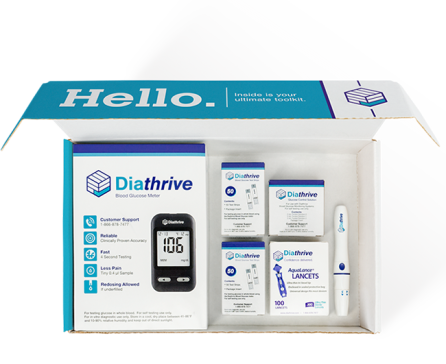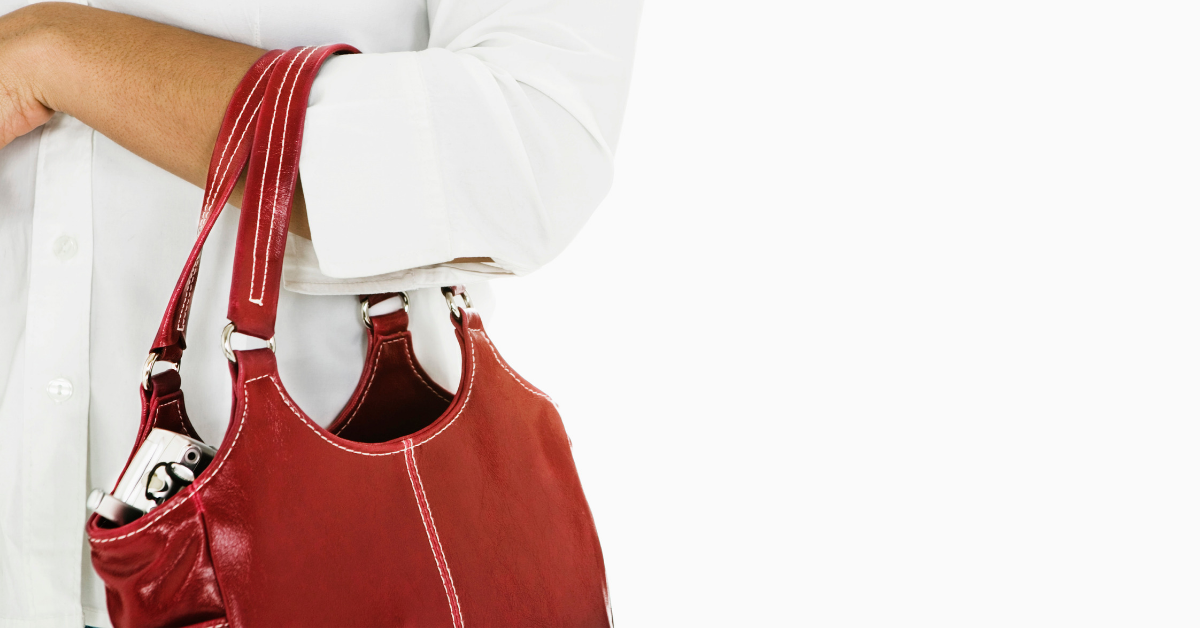
How do you decide when and if to tell others at your work about your diabetes?
Disclaimer
First of all, I want to make a disclaimer right off the bat. When and if to tell anyone about your medical condition is your private decision to make. I understand completely that every person’s financial and medical situation is different and I’m not recommending that you do something that doesn’t work for your personal circumstances. This article is simply meant to, perhaps, give you something to think about. Or not. It’s entirely up to you.
That Being Said…
For me, (and with very few exceptions) I don’t care who knows that I have type 1 diabetes. After 30 years, it is what it is and I can’t do anything to change it until they find a cure so I’m stuck with it. Don’t get me wrong, I don’t introduce myself as “Hi, I’m Peg, the lady with type 1 diabetes.” But personally, I approach whether or not to tell anyone from an angle of my safety first and foremost.
I recently worked for a large corporation and was a team member in a very sizable department. A good friend of mine who worked with me also had type 1 diabetes so I was comfortable that we were each others’ support system. However, when my co-worker was transferred out of my department, I had to change my safety plan and I quickly realized that I needed to make the decision that would be in my best (safety) interest. Obviously, for those of us with diabetes, there are times when we might find ourselves needing help or intervention and now my safety contingency plan needed to be updated. Ugh. What should I do?
I considered all angles and finally decided to use this as a teaching moment and tell the entire department about my diabetes at our next meeting. Now I know that this approach is extreme and I’m not recommending this for you, but I decided to tell because I knew that the more people who knew about it, the safer it would be for me.
My Personal Reasons to Tell
Ultimately, as I stated before, my safety is my most important tactical goal and my first reason to tell others about my type 1. After that, as a diabetes advocate/activist, I typically look for opportunities to educate on what type 1 diabetes actually is, and also, our acute need for insulin. These two points are pretty much standard as far as my personal protocol for sharing such a private aspect of my life.
One thing that I have learned about sharing my type 1 is not only when and if to tell people but how to help them remember how to help me. In my mind, what good is it if they know I have type 1 if they can’t remember how to help if need be?
Just Bring Me My Purse
On the day of the meeting, I will admit, I felt a bit vulnerable as I found myself in front of everyone, ready to talk about such a private aspect of my life. Without going into all the details, I briefly told them about my type 1 and then I focused on “what type 1 is,” “why” I was telling them and “how” they could help me if I needed it. Here is what I focused on…
-
“What” is type 1 diabetes? I, very briefly, explained what it is and without exception, how our life depends on insulin. That’s it.
-
“Why” I felt the need to share. I told them that because insulin both saves my life by giving me the insulin I can’t make on my own and also, threatens my life if I have too much insulin, I was considering my safety first by sharing such intimate details with my co-workers. That’s it.
-
“How” they could remember how to help me if I needed it. I knew that I had to come up with a plan that they would know exactly what to do and also, REMEMBER what to do.
At that point, I reached for my purse and plopped it dramatically on the podium.
“Just bring me my purse.”
After the laughter died down, I explained that inside my “magical” purse, there was a plethora of sugar, juice, glucose tabs, etc. I jokingly added, “enough sugar to put anyone in a coma.” So the take away was, if I ever looked at them and said, “purse,” they would know that I needed their assistance. That’s it. Just bring me my purse. And hang out with me for a while. I kept it as simple as I possibly could.
I will say that after that meeting, many of them came up to me and thanked me for educating them on type 1 diabetes and also, how they could help me if I ever needed it. It was a very special day for me and I believe, for them.
Some Tips on How to Possibly Help Them Help You:
-
Keep it as simple as possible for them to remember how to help you.
-
If you’re comfortable with this, show them where you keep your “stash” of sugar and also, emphasize that it’s important that others don’t help themselves to this (often tempting) sugary delight as you depend on that stash for your safety.
-
I would also make sure you tell them that this is your personal plan and nobody else’s as every person’s plan is different.
And that’s it! Happy New Year, 2019! On we go...


